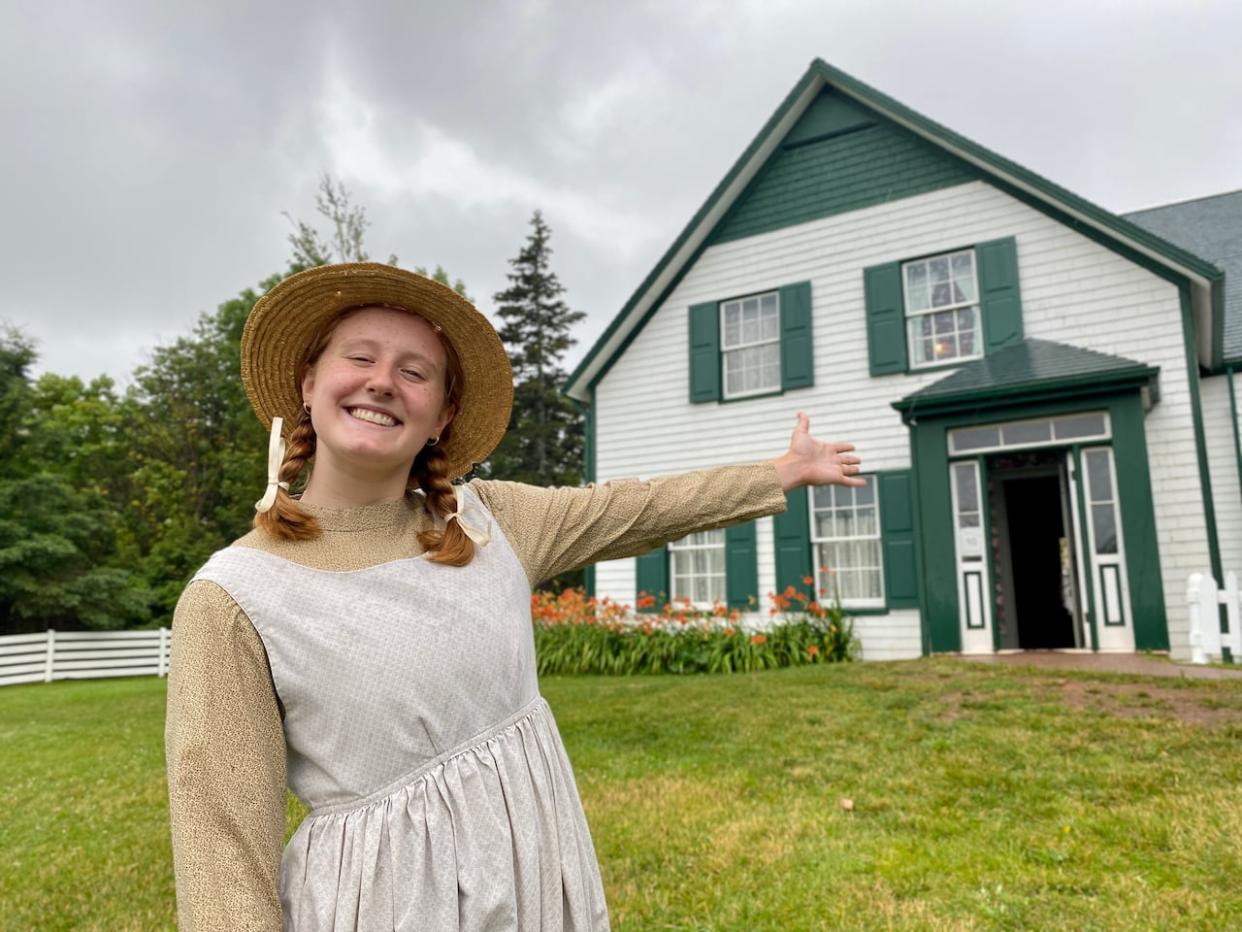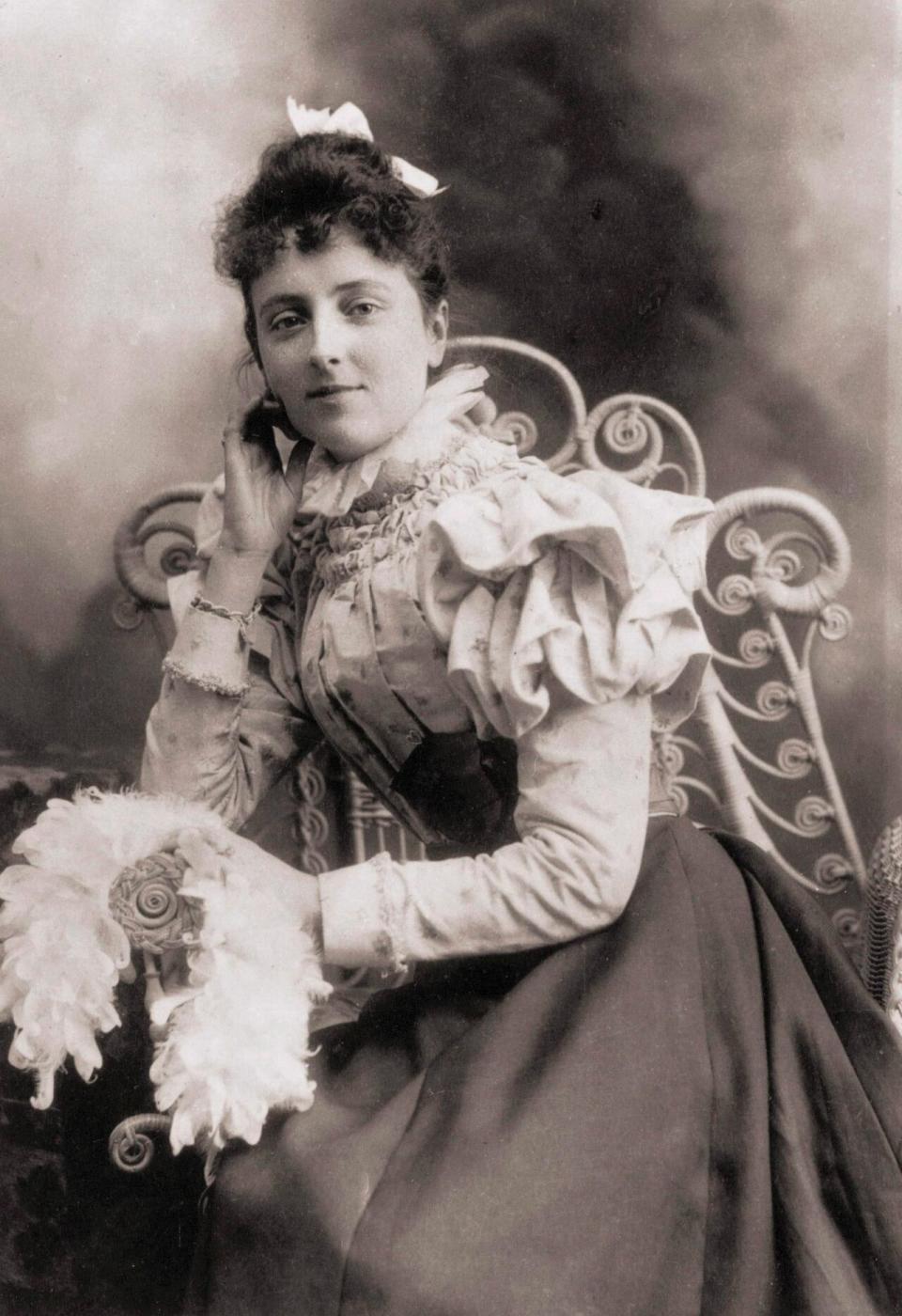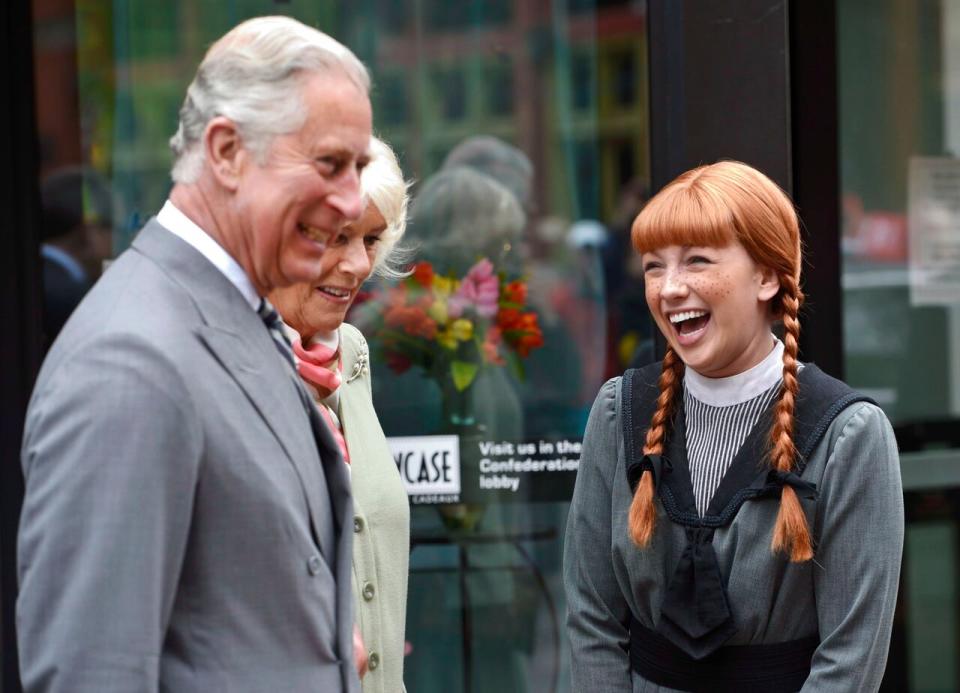How a brash, red-haired orphan from P.E.I. continues to be a worldwide sensation

This story is from this week's episode of the new CBC podcast Good Question, P.E.I.
Good Question, P.E.I. is available on the CBC Listen app or wherever you get your podcasts.
She's the star of two popular musicals in Charlottetown. Her fictional home in Cavendish is a national historic site. Her iconic red braids and straw hat have been featured on everything from chocolates to P.E.I. licence plates.
Any Islander who hasn't heard of Anne of Green Gables must be hiding under a big red rock.
But, of course, Lucy Maud Montgomery's famous character is beloved well beyond the land that inspired her. The 116-year-old novel has sold more than 50 million copies and has been translated into at least 36 languages. It's been adapted multiple times for TV, including the recent Netflix series Anne with an E.
So how did Anne of Green Gables become so famous? That's the topic for Episode 8 of the local podcast Good Question, P.E.I.
The answer seems obvious. She's a smart, brash, freckle-faced girl who challenges social norms with a flare for the dramatic.
What's not to like?
Her story obviously resonates with many people — including CBC's Island-born-and-raised podcast host, Nicola MacLeod.
"It's heartwarming, it's wholesome. And for me, I've come back to that story in the last few years — a deeply curious girl who talks too much. Now that's something I can relate to," MacLeod says.

Lucy Maud Montgomery wrote Anne of Green Gables in 1908, and it become one of the most beloved books of all time. (Parks Canada)
Anne of Green Gables is about an 11-year-old orphan who comes to live with two unmarried siblings, Matthew and Marilla. However, there was a mix-up. Matthew and Marilla wanted to adopt a boy, not a girl, to help on the farm.
Anne convinces them to keep her and eventually wins over the hearts of everyone in Avonlea.
And winning hearts is what she's been doing ever since — all over the world, Kate Scarth, chair of L.M. Montgomery studies at UPEI, explains in the podcast.

Kate Scarth, chair of L.M. Montgomery studies at UPEI, says the themes and characters in Anne of Green Gables have universal appeal. (Nicola MacLeod/CBC)
She said though Montgomery was writing from a particular place on P.E.I., it was about themes and people that could be placed anywhere.
"So imagination, community, friendship, beauty, all of these things that we probably think of when we think of Anne of Green Gables. And so there's this universal resonance that has had appeal all over the world in different times, places, cultures."
Like many books over 100 years old, you'll find elements in Montgomery's work that would not be acceptable today, such as the lack of representation of the Indigenous and Black communities.
But some of Anne Shirley's most quotable lines are just as relevant in 2024 as they were in 1908, no matter your age, race or gender.

Charles and Camilla share a laugh with actress Katie Kerr, who was portraying Anne of Green Gables, during a visit to P.E.I. in 2014. (Paul Chiasson/The Canadian Press)
Case in point.
"It's delightful when your imaginations come true, isn't it?" Yes, yes, it is, Anne.
"Kindred spirits are not so scarce as I used to think. It's splendid to find out there are so many of them in the world." And this was before Facebook.
"People laugh at me because I use big words. But if you have big ideas, you have to use big words to express them, haven't you?" Abso-freakin-lutely.
"I don't want to talk as much. It's nicer to think dear, pretty thoughts and keep them in one's heart, like treasures. I don't like to have them laughed at or wondered over."
On that note, maybe this is a good time to wrap this up and suggest you listen to the podcast.
Have a question for an episode? Good Question, P.E.I. wants to hear from you!
Email goodquestionpei@cbc.ca or call our Talkback line at 1-800-680-1898.


